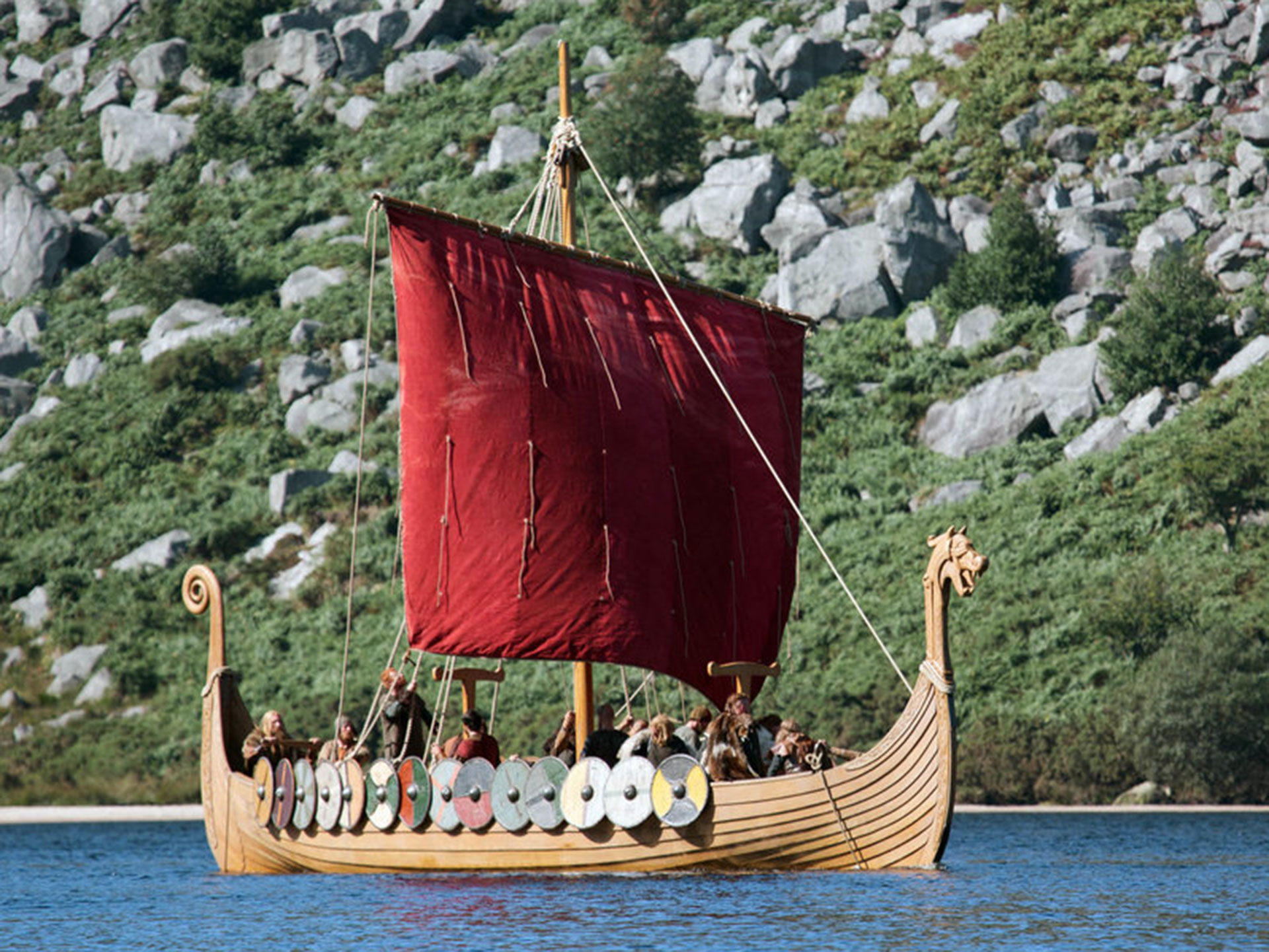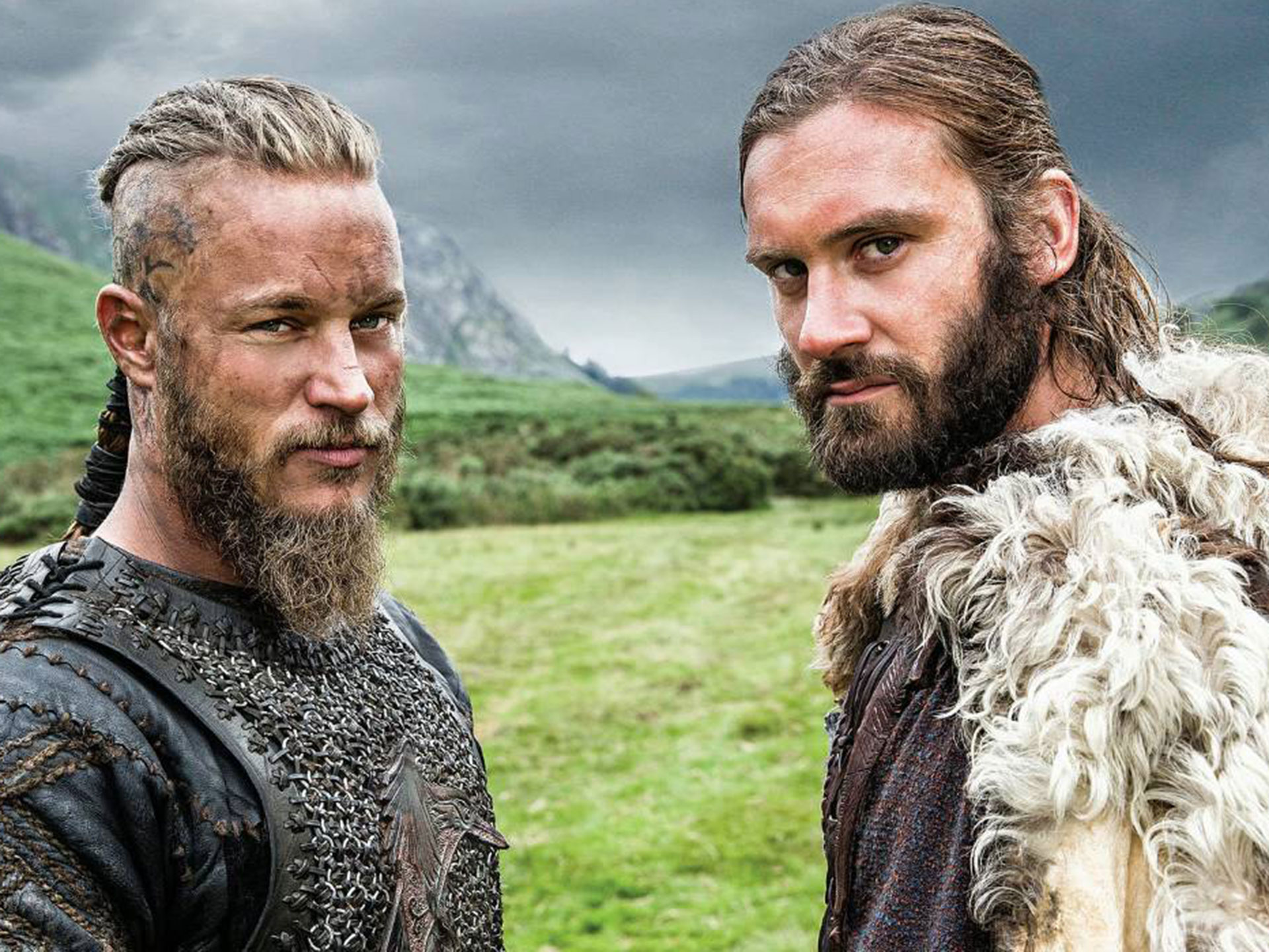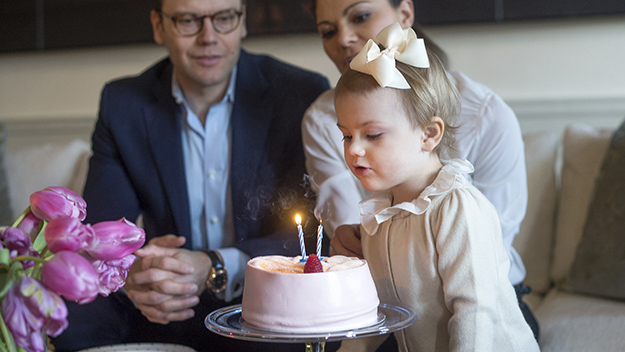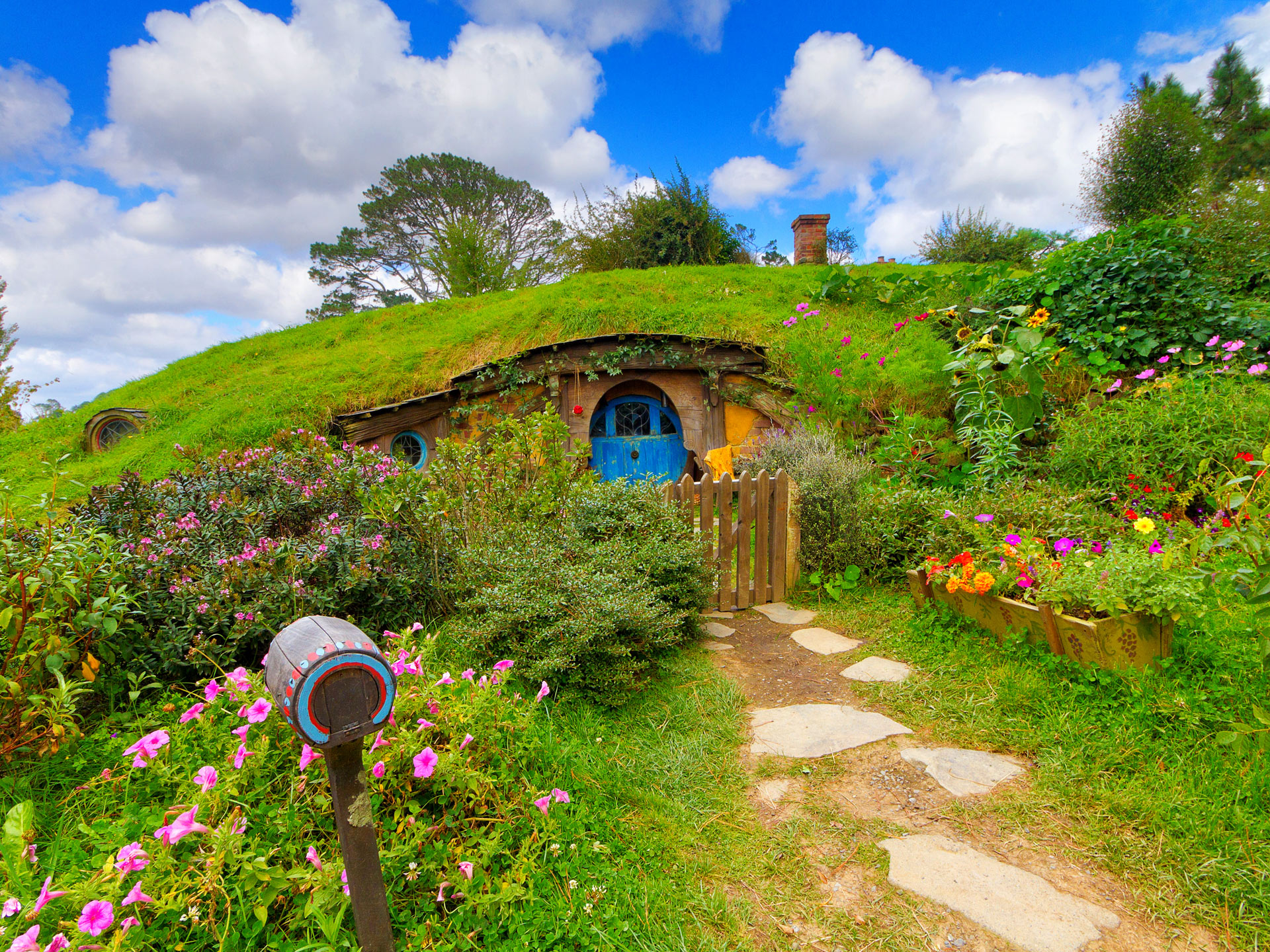Tracing your family history can be a rewarding task. Family names are an easy way to identify with a religion, ethnicity or historical place you come from, no matter how watered down your lineage might be.
Viking history is having a moment right now, as is Scandinavian travel. But do you actually know any Vikings? Surprisingly, there’s actually an easy way to check if you have some Nordic family history, and it’s all in your name.

“The people of the Viking Age did not have family names, but instead used the system of patronymics, where the children were named after their father, or occasionally their mother,” Alexandra Sanmark from the Centre of Nordic Studies, University of the Highlands and Islands explains.
“A famous example from a 13th-century Icelandic saga, describing the Viking Age, is Egil Skallagrimsson, who was the son of a man named Skalla-Grim.”

The list of Nordic names can be narrowed down to these:
• Names ending in ‘sen’ or ‘son’
• Roger/s, Rogerson, Rendall
• Names which contain a nod to personal characteristics, such as ‘Love’, ‘Short’, ‘Tall’, ‘Wise’, ‘Long’, ‘Good’ (e.g. Goodman).
• Scottish surnames (e.g. McLeod, McIvor, McAvoy, McAulay)
• Irish surnames (e.g. Doyle, McDowell, MacAuliffe)
• Scandinavian surnames (e.g. Flett, Scarth, Linklater, Heddle, Halcro)
“People of the Viking Age would often have a descriptive nickname, for example two of the Earls of Orkney who were known as Sigurd the Stout and Thorfill Skullsplitter.”
However if you’re expecting to meet Olaf the Skullsplitter next time you’re in Sweden, you might be disappointed.
“This naming pattern still remains in use in Iceland today but has been abandoned in Scandinavia in favour of family names.”
Maybe in Iceland though…


